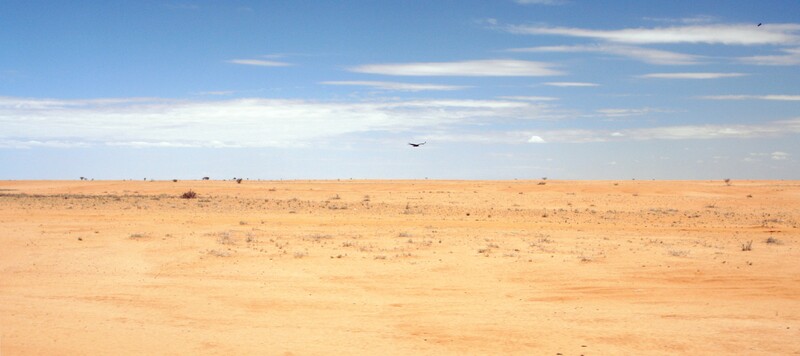Towards a hermeneutics of the concept of Limits
This research project (2022-2025) consists in analyzing the concept of the limit from different perspectives (political, moral, ecological). The hypothesis I intend to develop is that through the concept of the limit it is possible both to identify morally illegitimate behavior from a systemic (i.e., ecological) point of view, and to propose, in a critical and normative framework, a different relationship towards the world and nature. The project involves both the analysis of concrete cases and the study of philosophical perspectives that have most fruitfully addressed the question of the limit.
Since the origins of philosophy, human beings have questioned the limits of their actions and the Promethean nature of their presence, a quality that, in the age of the planetary deployment of technology, risks endangering the integrity of nature and the very existence of humanity. The question of the limit has also come up again in the reflection on the consumer society and its ecological impact, now deemed unsustainable. In recent times, the ecological crisis and the Climate Change have brought attention back to the question of the limit and sustainable practices, introducing the figure of the catastrophe into the collective imagination, reinforced by the pandemic scenario that has affected humanity’s existence in the last two years.
Philosophers such as Heidegger, Anders and Jonas have philosophically investigated the role of technology and its possible catastrophic consequences. Moreover, it is possible to mention the reflections of contemporary authors who have meditated on the ethical-political implications of overcoming limits in the ecological and environmental sphere: Latouche, Georgescu-Roegen, Illich, Næss, Peccei. These authors have contributed to outlining the theoretical background in which reflection on the limits of nature and the current consumer society takes place. It is possible to emphasize how the notion of limit has also recently been investigated from the perspective of the dialogue between religion and the social sciences (Boff and Northcott) or from the political perspective (Mann and Wainwright) to the point of identifying in the notion of catastrophe a fundamental element of the contemporary collective imagination (Dupuy). In the wake of this articulated tradition of thought, the research project aims to philosophically investigate the possibility and forms of sustainable development and the problem of the limit within the current global scenario.
Dr. Ernesto Calogero Sferrazza Papa
Researcher – Project Leader, UniTo & LSRS
This research project (2022-2025) is developed under the agreement for cooperation signed between the Department of Philosophy and Education Sciences of the University of Turin and the Luxembourg School of Religion & Society.
